Postdoctoral Fellows
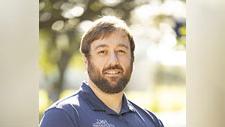
David Cinalli, Ph.D.
Mentor: Randy Blakely, Ph.D.
Email: dcinalli2013@xuemengzhilv.com
As a postdoctoral fellow focused in community outreach and engagement, Cinalli’s focus is on educational programs in neuroscience for middle school and high school students. Cinalli is director of the MobileMinds program and leads a team of postdoctoral fellows and graduate and undergraduate students in engaging with students, particularly at Title I schools in underserved communities across Palm Beach County and beyond. The goal of MobileMinds is to inspire the next generation of young scientists and encourage and empower them in their education journey to pursue STEM career pathways.
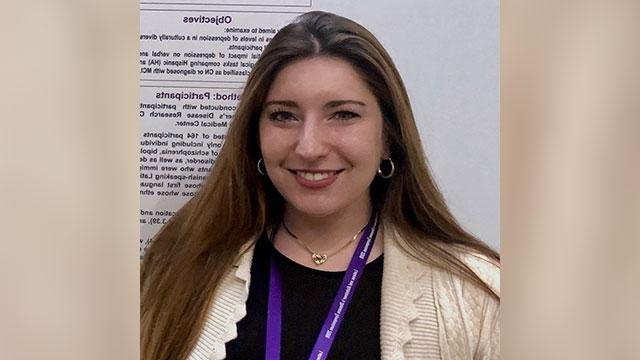
Merike Lang, Ph.D.
Mentor: Mónica Rosselli, Ph.D.
Merike Lang, Ph.D., is a post-doctoral research fellow in the Neuropsychology lab of Mónica Rosselli, Ph.D., at Florida Atlantic University. Merike is investigating neuroprotective effects of bilingualism on normal and abnormal aging. She has published research on cultural differences, AD-related biomarkers and the influence of depression on cognitive function.
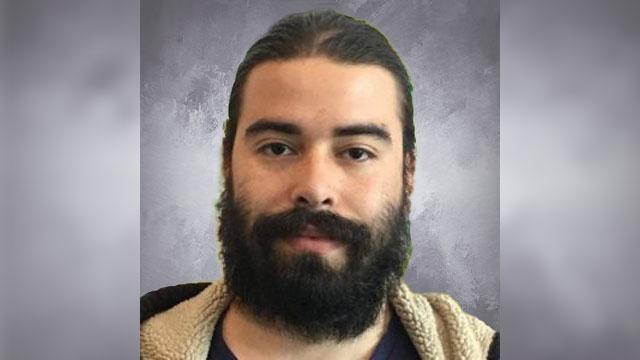
Juan Lopez, Ph.D.
Mentor: Rodrigo Pena, Ph.D.
Juan was raised in South Florida and trained under Rod Murphey, Ph.D. for six years. His work looks at synaptogenesis and the genetic control of synaptic proteins called gap junctions. Juan's current work applies computational neuroscience to create a model of the Giant Fiber System in Drosophila that replicates signal transduction of the rapid escape reflex.

Cassio Loss, Ph.D.
Mentor: Henriette van Praag, Ph.D.
Cássio Morais Loss, Ph.D., is a postdoctoral fellow at Florida Atlantic Stiles-Nicholson Brain Institute in the lab of Henriette van Praag, Ph.D., an associate professor, Charles E. Schmidt College of Medicine. A native of Brazil, Loss earned his doctorate in biological sciences from the Universidade Federal do Rio Grande do Sul. His current research focuses on how neurogenesis, spontaneous or induced by physical activity, in the adult rodent brain affects cognitive behaviors.
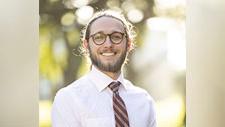
Dan Nemeth, Ph.D.
Mentor: Ning Quan, Ph.D.
Email: nemethd@xuemengzhilv.com
Nemeth is a postdoctoral fellow in the lab of Ning Quan, Ph.D., in Florida Atlantic’s Schmidt College of Medicine. Nemeth received his doctorate from The Ohio State University (OSU) where he researched unique and cell-type specific signaling pathways associated with prolonged infection and persistent neuroinflammation. At OSU, he focused his research on how the immune receptor, Interleukin-1 Receptor (IL-1R1), contributes to the bicellular communication between brain vasculature and resident immune cell of the brain, microglia, during prolonged inflammation. Nemeth’s current research utilizes transgenic mouse models created by the Quan lab to discover the function of neuronal IL-1R1 and to understand the contribution of IL-1R1 signaling in epilepsy.
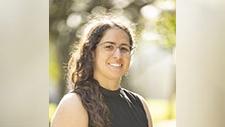
Alexandra “Aly” Paz, Ph.D.
Mentor: Nicole Baganz, Ph.D.
Email: paza2018@xuemengzhilv.com
Alexandra “Aly” Paz is a postdoctoral fellow working with the Advancing STEM-Community Engagement through Neuroscience Discovery (ASCEND) program at Florida Atlantic Stiles-Nicholson Brain Institute. Paz earned her doctorate in Integrative Biology in Neuroscience from Florida Atlantic University. Her interest in neuroscience stems from a curiosity about the connection between neurological processes and animal behavior. Paz discovered her passion for neuroscience education while volunteering for the ASCEND program. Now a full-time member of the ASCEND team, Paz supports the program’s communication and community outreach efforts, unraveling the complexities of neuroscience to inspire young people to take an interest in STEM.
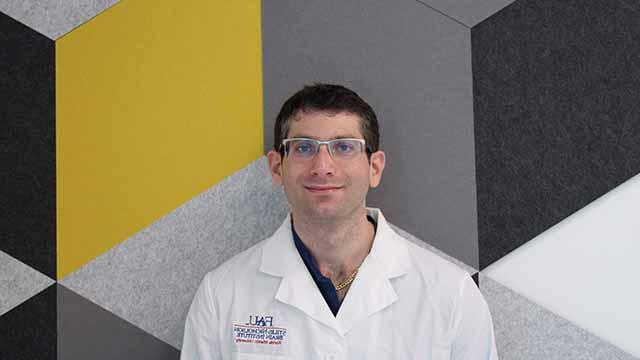
Matthew S. Schrier, Ph.D.
Mentor: Ning Quan, Ph.D.
Email: mschrier@health.xuemengzhilv.com
Schrier is interested in how serotonin uptake is modified by inflammation in models of depression and fatigue. Increasing extracellular serotonin levels in the brain is believed to initiate the effects of many antidepressants. Schrier’s research seeks to elucidate the contribution of various brain cell types (particularly glial cells) in regulating extracellular serotonin in response to pro-inflammatory mediators, such as the cytokine interleukin-1. He also aims to understand the mechanisms by which this may occur.
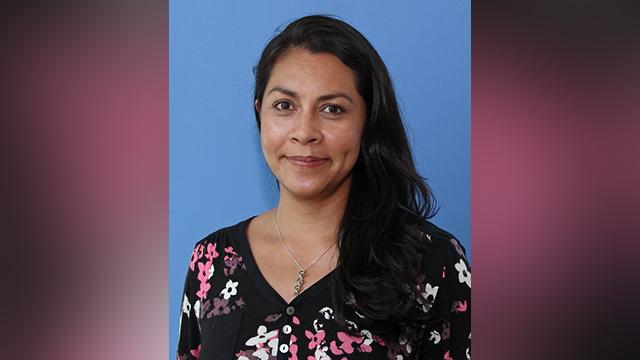
Iris Segura-Garcia, Ph.D.
Mentor: Krista McCoy, Ph.D.
Iris Segura-Garcia, Ph.D., is a geneticist at the FAU Harbor Branch Oceanographic Institute (HBOI). She earned her Ph.D. in Molecular Ecology and Evolution from the University of Durham in England. Her research encompasses several areas of evolutionary ecology and conservation genetics, such as ecological speciation, stock identity, phylogenetics, and genetic population structure towards understanding the effects of habitat changes (natural and human forces) in population and ecosystem resilience and functioning. Mechanisms elucidated can also provide insights into resilience mechanisms that can support wellness in humans challenged with genetic and environmental disturbances.

Aline Santana, Ph.D.
Mentor: Claudia Rodrigues, Ph.D.
Email: alinesantana@health.xuemengzhilv.com
Aline Santana, Ph.D., is a post-doctoral research fellow in the Vascular Biology Lab of Claudia Rodrigues, Ph.D., at the Department of Biomedical Science, Florida Atlantic Schmidt College of Medicine. Aline is investigating molecular mechanisms by which endothelial cells regulate brain homeostasis in response to neurotoxin, chemotherapy, and endotoxin exposure using genetic mouse models combined with biochemical and pathological approaches.

Joy Sessa, Ph.D.
Mentor: Cheryl Krause-Parello, Ph.D.
Email: jsessa2011@health.xuemengzhilv.com
Joy Sessa, Ph.D., has been a registered nurse for 25 years specializing in critical care, stroke treatment/prevention, and brain health initiatives. She received a bachelor's in nursing from Malone University, Ohio, in 1999, master's in nursing from Walden University, Minnesota, in 2007, and a doctorate degree from Florida Atlantic University in 2019. Sessa is currently a post doctoral fellow with Canines Providing Assistance to Wounded Warriors, working on a variety of research projects that include research on PTSD and TBI.
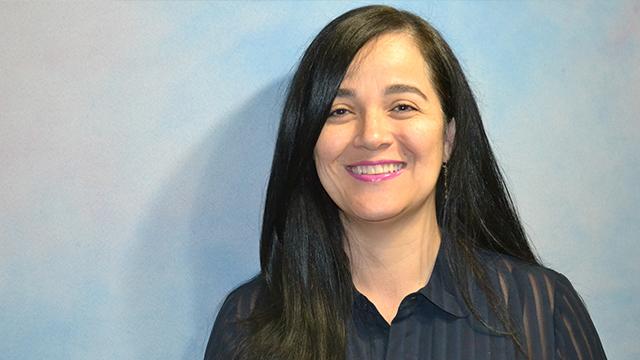
Idaly Velez-Uribe, Ph.D.
Mentor: Monica Rosselli, Ph.D.
Email: ivelezur@xuemengzhilv.com
Velez-Uribe works with Monica Rosselli, Ph.D., to collaborate with the 1FloridaADRC (http://1floridaadrc.org), one of the National Institutes of Health’s (NIH) Alzheimer's Disease Research Centers (ADRC). Her research focus is to explore methods to evaluate and diagnose individuals from diverse cultural backgrounds in a sensitive manner, including cognitively normal individuals and those presenting early signs of neurodegenerative diseases, to find effective methods for early diagnosis treatment. This framework emphasizes the role of cultural factors, quality and level of education, and language experience (i.e., bilingualism) in assessments and interventions on the progression of abnormal aging in culturally and ethnically diverse samples, including the complex interplay between bilingualism, cultural factors, cognitive decline and biological markers of neurodegeneration.